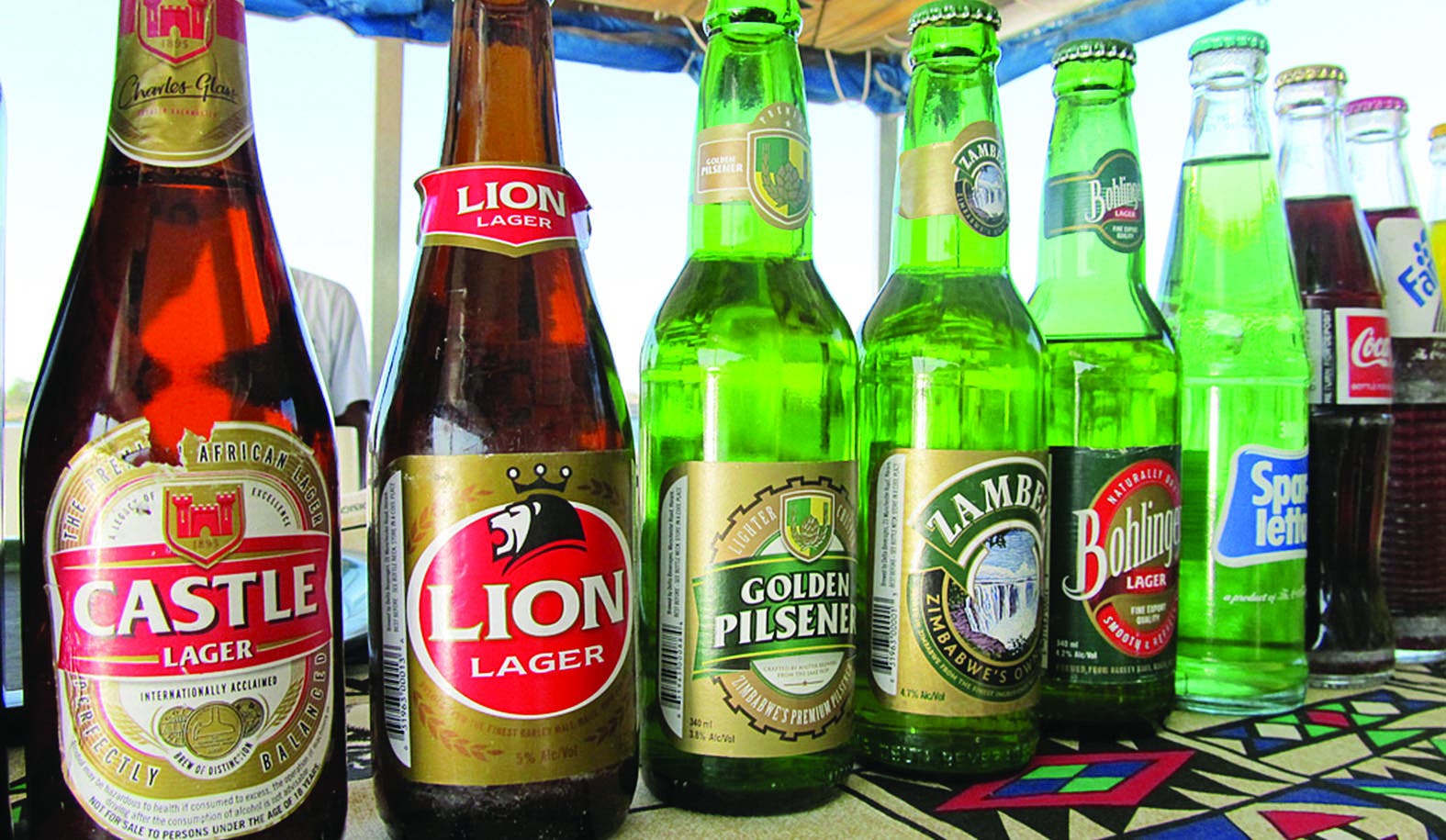Delta defies EY on exchange rate
ZIMBABWE’S largest beverage producer has turned down professional advice from multinational auditing firm, Ernst &Young (EY), to apply foreign currency auction system exchange rates in the preparation of financial statements, saying the counsel was out of touch with reality.
Delta said at the weekend that foreign currency auction system rates, which have traded at about US$1:$85 most of 2021, did not reflect the real value of the Zimbabwe dollar.
This was after EY argued that by determining its own exchange rate during the preparation of financial statements for the period ended September 30, 2021, Delta failed to adhere to International Financial Reporting Standards.
But the beverage manufacturer made an executive decision to work with estimates, which is allowed under International Accounting Standard (IAS) 21.
IAS 21 gives guidance relating to the effects of changes in foreign exchange rates in volatile markets.
“The directors and management disagree with the professional conclusion of our auditors on the application of IAS 21,” Delta chairperson Stanford Moyo said in a commentary to the financial statements.
“The independent auditors, EY have issued a modified review opinion for the period ended 30 September 2021 as they believe that the determination of an estimate exchange rate is not compliant with International Financial Reporting Standards. The auditors believe that the auction exchange rate is the appropriate spot exchange rate…This is contrary to the circumstances applicable to the entity … There are varying views on the matter and we urge the Public Accountants and Auditors Board to provide appropriate guidance to the market,” Moyo said.
Sharp differences in opinion that spilled onto the big stage last week were only an epitome of the bigger struggles that confront Zimbabwean consumers daily.
Officially, the country has an exchange rate that is determined weekly at the foreign currency auction at the Reserve Bank of Zimbabwe (RBZ).
Most goods and services in the country are charged at parallel market rates, as the official platform has mostly run out of liquidity to fund allotted bids.
In Zimbabwe, prices are charged based on the official exchange rate, parallel market rate, Real Time Gross Settlement rate and several others, depending on the mode of payment consumers opt to use.
In June last year, RBZ governor John Mangudya introduced the foreign currency auction system to ameliorate the foreign currency crisis.
However, many experts have said rates at the platform are controlled, and do to reflect the real exchange rate.
Delta did not mention the exchange rate it applied for its financial statements.
In the mean time, the auction exchange rate spent most of 2021 at about US$1:$85, against parallel market rates of up to US$1:$200.
Delta’s inflation-adjusted revenue increased to $33,6 billion during the review period from $19,6 billion during the comparable period in 2020.
Profit for the period increased to $6,6 billion from $4,8 billion last year.
Company secretary Alex Makamure said the firm would be paying out almost $1 billion in dividends for the review period at $75 cents per share.-newsday.co.zw











